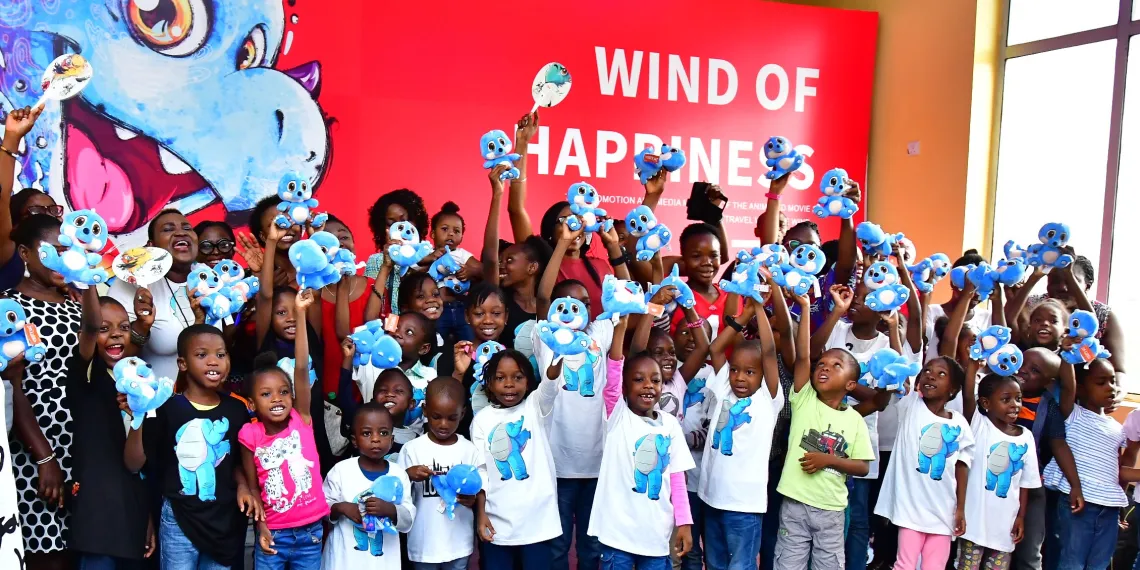The United Nations Children’s Fund (UNICEF) has disclosed that 70 per cent of Nigerian children are going through a learning crisis, as statistics from the ‘Learning Crisis in the Nigerian Literacy of 2021’ revealed that 53 per cent of 10-year-olds could neither read nor write.
It added that despite having one of the best policies globally, implementation had been a challenge that kept the teacher-pupil ratio at 1: 65. The education manager of UNICEF in Nigeria, Manar Ahmed Sharouda, who announced this in Kano during a media dialogue on Sustainable Development Goals (SDGs) as child rights, said low public spending on education, 1.7 per cent of GDP, was partly responsible.
In her lecture titled ‘Stealing foundational literacy and numeracy in Nigeria’, Sharouda also explained that apart from facing a learning crisis with learning outcomes being one of the lowest, there was an inadequate and underprepared workforce. Lamenting that only one in three Nigerian children are exposed to the mandatory one-year early child education, she also disclosed that nationally, there is a shortage of 37 per cent shortage in classrooms at the national level.
“Seventy per cent of children are not achieving basic foundational skills, and Nigeria has one of the best policies in the world but suffers from poor implementation,” added Sharouda. Qualified teachers are in short supply. Twenty-seven per cent of the teaching staff are unqualified. There is the challenge of insufficient physical resources, and high classroom learner ratio is 1:65 in primary schools.”





